PCB to enforce global Anti-Corruption Code in domestic cricket
Sources say severe punishments for corruption will be added
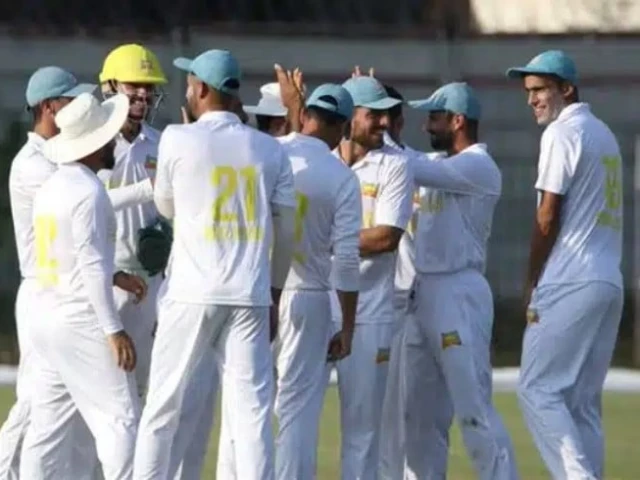
A strict framework of punishments has been prepared for domestic cricketers as well in case of violations of the Anti-Corruption Code. On the directions of the ICC, Pakistan will also adopt the Global Anti-Corruption Code, though disputes will be settled in accordance with local laws.
According to details, the International Cricket Council is striving to protect the game from corrupt elements and has been taking stringent measures. Some time ago, all member boards were directed to adopt the Global Anti-Corruption Code. In case of disputes, local laws will apply. Recently, during the PCB Governing Board meeting, participants were informed by a legal official that the ICC has instructed the adoption of the Global Anti-Corruption Code, for which procedural changes were necessary. The members granted approval.
Sources say that strict laws will also be applied in domestic cricket, with severe punishments for corruption. Along with bans, fines will also be imposed. However, players will retain the right to appeal. If any player fails to inform the national Anti-Corruption Unit about suspicious contact, he will also be considered guilty. Accepting gifts from suspicious individuals will not be allowed.
Punishments will be determined keeping in view the nature of the offense, intent, previous record, and cooperation during investigations. First-time offenders who cooperate may receive lighter punishments, but repeat offenders could face lifetime bans.
Under the Anti-Corruption Code:
- Match-fixing or spot-fixing carries a 5-year to lifetime ban.
- Betting on cricket may result in a 1-to-5-year ban depending on the case.
- Sharing team’s internal information could also lead to a 1-to-5-year ban.
- Failure to report corrupt approaches will bring a 2-to-5-year ban.
- Lying during investigations, destroying evidence, or refusing cooperation can result in a 2-to-5-year ban.
- Players failing to participate in Anti-Corruption Education Programs will remain suspended until they complete them.
PCB sources say that the board has already been implementing a zero-tolerance policy against corruption. As in the past, those who tarnish the image of the game will be dealt with firmly. Whether domestic or international cricket, the ICC’s Anti-Corruption Code will be fully enforced, and education programs for players will also continue.


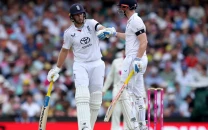
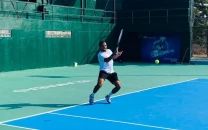


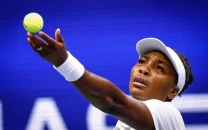

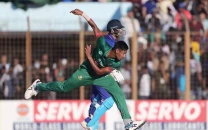













COMMENTS
Comments are moderated and generally will be posted if they are on-topic and not abusive.
For more information, please see our Comments FAQ